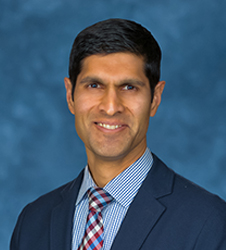Basic Facts
- Insomnia is a sleep disorder that can make it hard to fall asleep and/or remain asleep.
- Insomnia can be short-term because of stress or a traumatic event.
- Some people have long-term (chronic) insomnia that lasts for months or years.
- Chronic insomnia can significantly impair a patient’s quality of life and is associated with a higher risk of developing diseases.
- Most adults need 7-8 hours of sleep at night, although sleep needs can vary from person to person.







